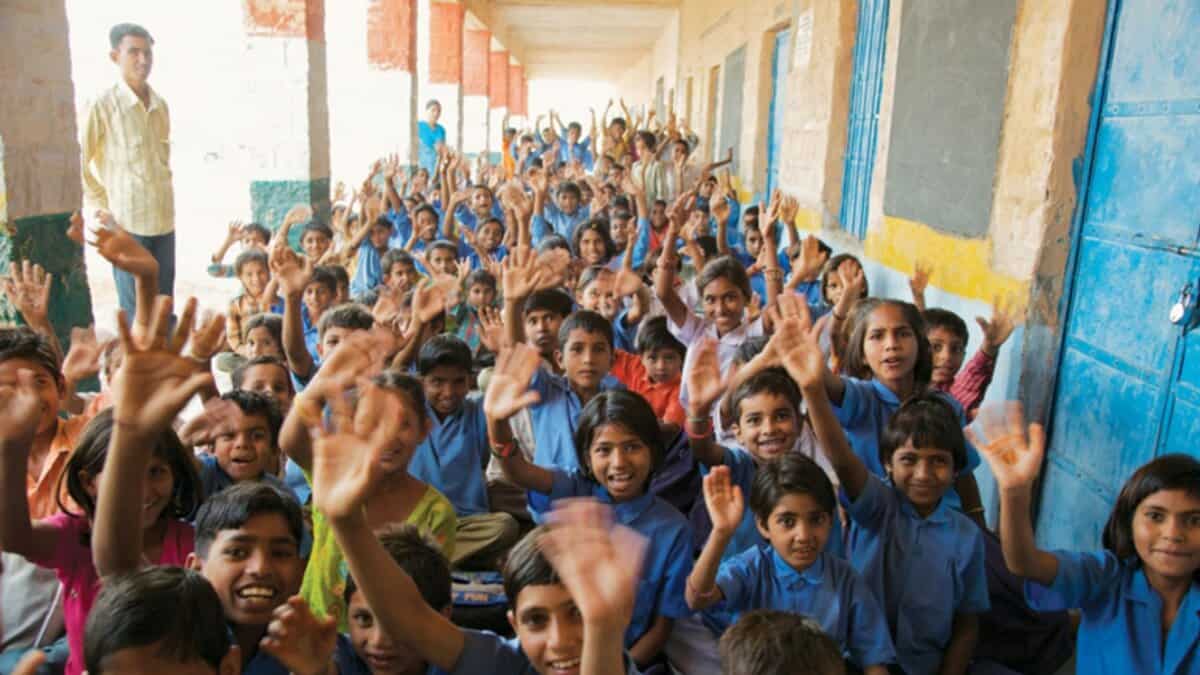
Kerala High Court declared that children raised without religion and caste are the unflinching hope for a brighter future.
Justice VG Arun was speaking at a Kerala Yukthivadi Sangam event on Wednesday. He spoke about the importance of children raised outside of the influence of religion, emphasising that such parenting will allow their wards to critique social norms later on in life. “I laud each of you who send your children to school and teach them without attaching religion or caste to their names,” he said.
Continuing further, he said, “These children are the promise of tomorrow. These are the children who will tomorrow ask the right questions without fear, even in the face of opposition from society.”
The Keralite rationalist organisation had held the event to celebrate eminent rationalist writer Pavan and to felicitate rationalist author Vaisakhan for his vast input in rationalist thought.
The Kerala High Court judge praised both authors for their decision to outright reject caste affiliations through their pen names. The authors had dropped their surname, Nair, a dominant Hindu community in the state, in favour of a casteless moniker, inspiring the judge’s own father, prominent politician TKG Nair, to do the same.
Referencing cases based on abusive social media posts in connection with the same, the judge said, “I am currently presiding over the jurisdiction which deals with quashing criminal proceedings. Many petitions that come before me are to quash cases registered based on social media comments. I have to read these posts to consider those cases. It is distressing, but I must say these social media posts pollute the Malayalam language. I have often wondered how a Malayalee can debase themselves in such a manner. I believe this is due to the lack of rationalists like Pawanan and Vaisakhan.”
In 2022, he made a significant judgment upholding the right to recognise oneself as ‘non-religious’, and secular values of the Indian Constitution. The case was filed by a group of class XII students who desired to identify themselves as non-religious in community certificates for college admission.



